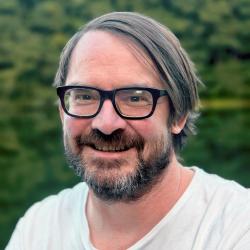
‘It is our mission to revolutionize the construction industry’
Wood fibers are the raw material the company Willowprint uses in 3D printing to create a building material that is completely recyclable and compostable.

Wood fibers are the raw material the company Willowprint uses in 3D printing to create a building material that is completely recyclable and compostable.

Munich-based food technologist Ute Weisz specialises in the extraction, characterisation and modification of plant proteins in order to make them usable for the food industry.
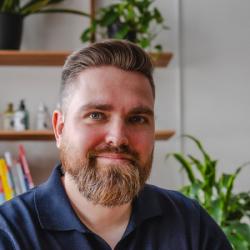
The start-up ValueGrain, led by co-founder Tim Gräsing, has developed a technology that processes spent grain into ‘liquid flour,’ making it usable for the food industry.
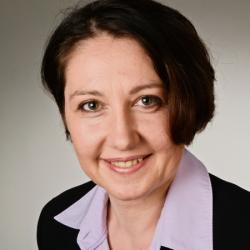
In the “Single Cell Protein” working group, a team led by Monika Konarzycka-Bessler is looking for bacterial strains that utilise CO2 as a source of raw materials for the production of proteins used in the food industry.
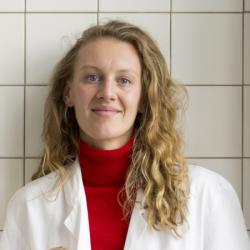
In the MycoColors project, a team led by Friederike Hoberg is investigating the potential of fungi-based dyes for the fashion and textile industries.
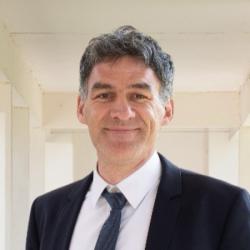
Saxony-Anhalt wants to become a “center of the pea bioeconomy”. A research consortium led by Jochen Reif is laying the groundwork for this.
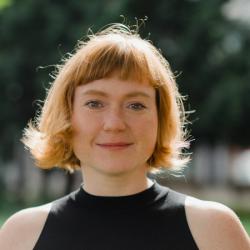
Charlett Wenig is researching the potential of tree bark to establish this previously little recognised raw material as a biomaterial for new applications.
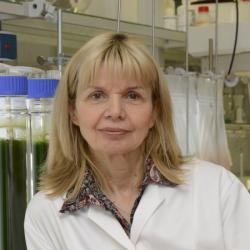
For more than two decades, Carola Griehl has been researching technologies to extract proteins, active ingredients, or petroleum-like hydrocarbons from algae on a large scale and make them usable for industry.
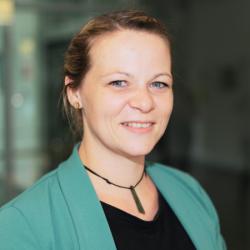
The ‘Biomaterials’ research group led by Ronja Breitkopf at the industrial research organisation INNOVENT not only develops its own sustainable products and processes for the bioeconomy, but also supports research partners to advance innovations.
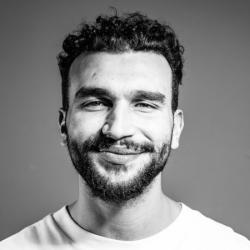
Soil regeneration with the help of microalgae is the focus of the Berlin start-up Alganize, which develops solutions to improve soil health.
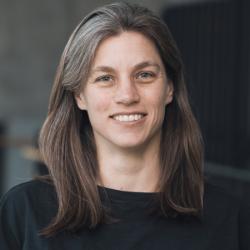
Luisa Gronenberg and her team from the Munich start-up Insempra are developing an innovative bioprocess to produce polyester and polyamides from residual and waste materials. The team is receiving millions in funding from SPRIND.
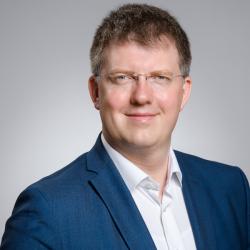
With his company SmartLab Solutions, Felix Lenk is paving the way for the digital and automated laboratory of the future. One of his team's sensor developments, funded by the BMBF, has now made it onto the market.
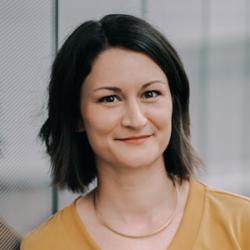
The Potsdam junior research group TAILOR, led by Lena Hochrein, aims to optimize baker's yeast and other yeasts so that they can be used in a variety of ways as a cell factory for the bioeconomy.
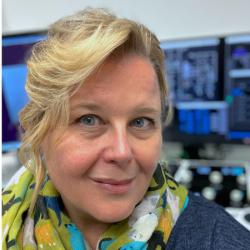
Christine Ziegler is researching how plants perceive water stress and the underlying mechanisms. The biophysicist was awarded the Synergy Grant by the European Research Council in 2023.
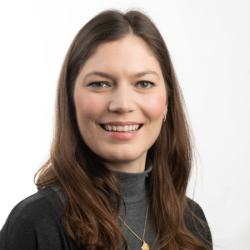
Anja Wagemans wants to give meat substitute products more "bite". To this end, the food technologist is working on the structure formation of alternative plant-based and microbiological biopolymers.
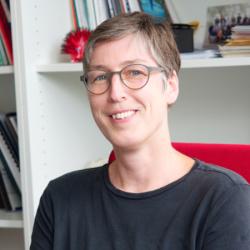
Biochemist Birte Höcker from the University of Bayreuth uses artificial intelligence to create customized proteins. In this interview, she talks about the potential of language models, which work much like ChatGPT, for the development of completely new biomolecules.
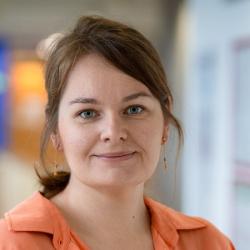
Agnieszka Golicz uses "big data" for the genome-based improvement of crops.
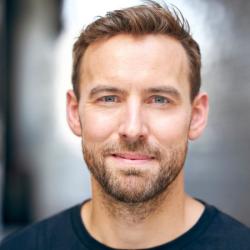
Hamburg-based startup MicroHarvest uses microorganisms to produce healthy and tasty proteins.
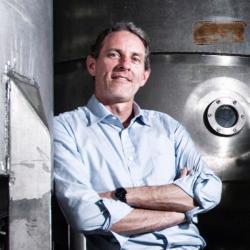
Ian O`Hara is a biotechnology professor in Brisbane and a leading expert on the Australian and international bioeconomy scene. He recently visited Germany.

Nicole van Dam is an expert in chemical plant ecology and researches how plants use natural chemistry to communicate with friend and foe.
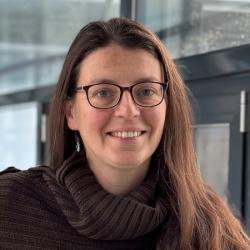
As director of the newly established Department of „Sustainable and Bio-inspired Materials“ at the MPIKG, Silvia Vignolini aims to research and develop materials with predominantly optical functions, following Nature`s example.
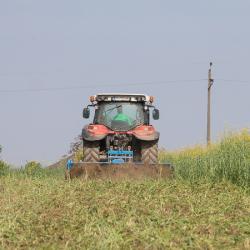
Carsten Paul has investigated how effective carbon farming measures are and what role so-called humus certificates play in this.
Agricultural scientist Hans W. Griepentrog wants to replace synthetic chemical pesticides with the help of state-of-the-art technology.
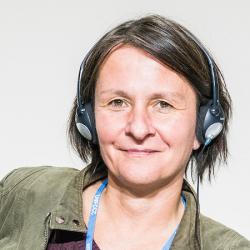
Leibniz Prize winner Almut Arneth researches the interactions and feedbacks between terrestrial ecosystems and climate change.

Prateek Mahalwar of start-up BIOWEG on microspheres made of bacterial cellulose that are biodegradable and can replace microplastics in many products.
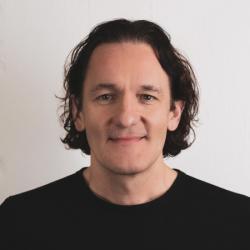
With his food tech start-up Organic Garden, Martin Wild wants to rethink nutrition and soon produce organic food circularly in a high-tech farm.
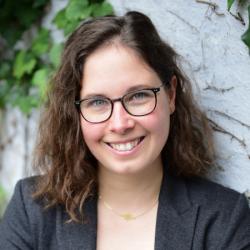
In the FOOTPRINTS project, a team led by researcher Nadine Mengis is investigating how CO2 emissions must develop in order to stabilize global temperatures and thus achieve the Paris climate goals.
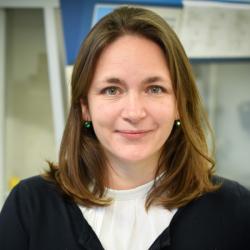
Bayreuth geoecologist Johanna Pausch is researching how root fungi in symbiosis with plants control carbon turnover in soils.
Under the umbrella of Fraunhofer IMTE, the team led by Carsten Schulz from the Society for Marine Aquaculture (GMA) will further develop the potential of the Blue Bioeconomy in the future.
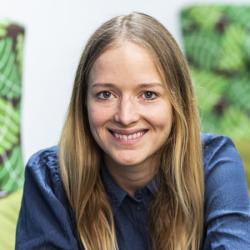
With her Hamburg-based start-up Traceless Materials, Anne Lamp wants to launch an innovative biomaterial that is fully compostable.
In this interview, sustainability analyst Uwe Fritsche talks about strategies for a sustainable bioeconomy that is broadly embedded in society.
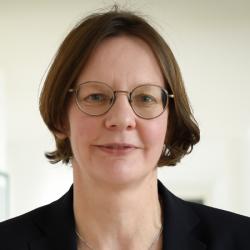
Alternative agricultural systems such as "vertical farming" are a focus of Susanne Baldermann's research work. With a view to healthy, sustainable nutrition, the food chemist is targeting secondary plant compounds, among other things.
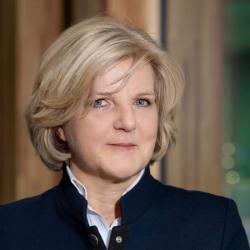
Martina Brockmeier, an agricultural economist from Hohenheim, was elected as the future president of the Leibniz Association in November 2021. She sees bioeconomy research as an important contribution to achieving the global sustainability goals.
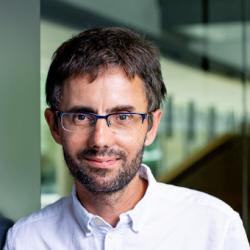
The Potsdam molecular biologist Philip Wigge is researching the mechanisms by which plants detect and adapt to ambient temperatures.
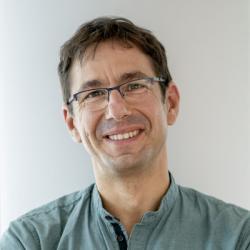
Jena geoecologist Söhnke Zaehle is researching how nutrients such as nitrogen affect the material cycles of ecosystems.
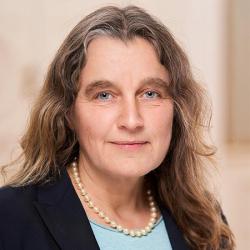
As co-chair of the German government's new Bioeconomy Council, Iris Lewandowski wants to stimulate public debate on the topic of biobased management. The agricultural scientist from the University of Hohenheim is an advocate of modern as well as ecologically compatible agriculture.

The effects of climate change on soil biodiversity are the research focus of Leibniz Prize winner Nico Eisenhauer.
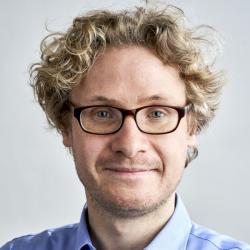
Linus Stegbauer wants to use microalgae to improve the urban climate by developing facade elements for buildings that are coated with a special biofilm of living microalgae.
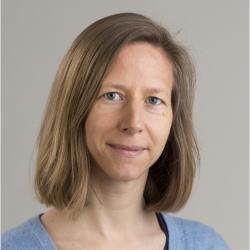
Plant researcher Maria von Korff Schmising wants to make food production more sustainable by breeding perennial cereal crops.
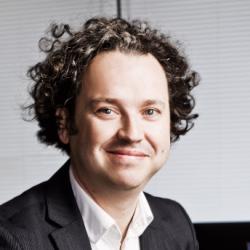
Sascha Peters is a materials expert and trend scout for new technologies. He is convinced: The recycling of resources must already be considered in product design.
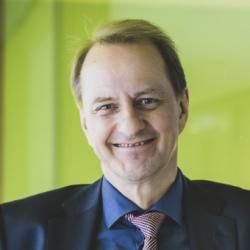
Sustainability researcher Dirk Messner has been President of the Federal Environment Agency since January of this year. In an interview he talks about the opportunities and challenges on the way to a bio-based economy, the corona pandemic and the value of global networking.
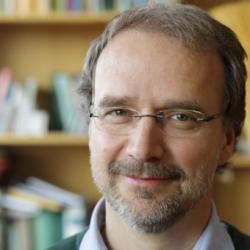
Ulrich Schurr wants to turn the Rhenish lignite mining area into a model region for a sustainable bioeconomy. To achieve this, he is relying on the regional strengths and conditions to master the structural change.
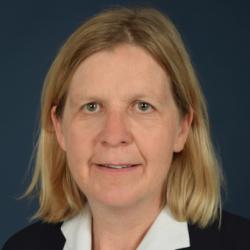
The Leipzig Helmholtz researcher Daniela Thrän systematically examines Germany's path to bioeconomy. As co-author of the first Bioeconomy Monitoring, she knows the strengths and weaknesses of bio-based change – especially with regard to bioenergy systems.
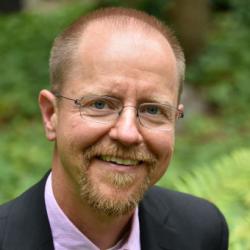
Jan Schirawski is researching the genome of smut in order to better understand the mechanism of action of this plant parasite.
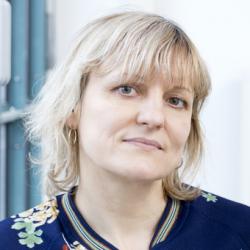
Vera Meyer is fascinated by fungi: As a biotechnologist, she wants to use the metabolic potential of the living organisms to breathe life into the bioeconomy – but she also wants to inspire with art.
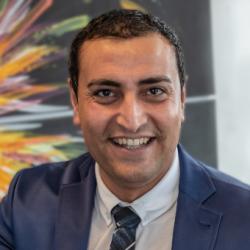
Since 2013 PAPACKS has been developing packaging and products from renewable resources.
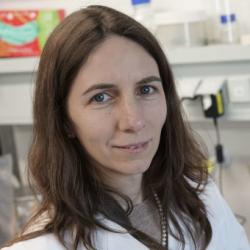
Biochemist Miriam Rosenbaum is a true pioneer in the field of electrobiotechnology. In the following interview she explains how she intends to replace oxygen in biotech processes.
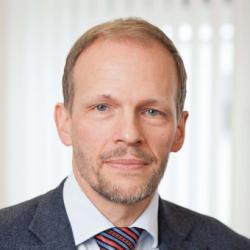
Microbiologist Jörg Overmann wants to investigate the diversity of bacteria and relies on artificial intelligence.
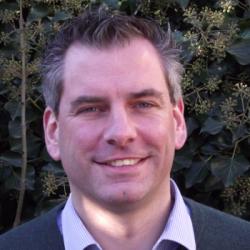
The veterinarian Jens Baltissen talks about modern breeding approaches for dairy cows favored by bioeconomy researchers in the German Livestock Association.
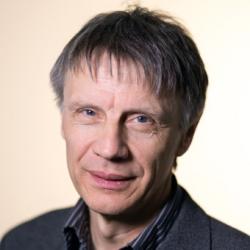
Together with partners from business and municipalities, Frieder Rubik is looking for new strategies to minimize the use of plastic packaging in retail.
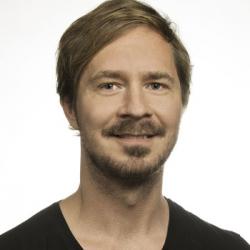
Plant researcher Tonni Andersen is the 2019 Kovalevskaja Award winner. He seeks to understand how roots exchange information with soil microbes and is setting up a new research group at the Max Planck Institute in Cologne.
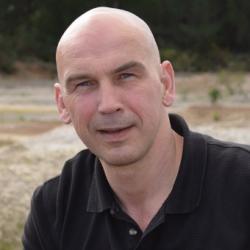
Michael Quintern breeds earthworms to transform biowaste into precious humus.
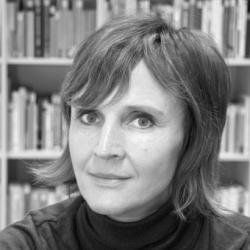
Friederike Kögler has developed a method with which plants learn to survive with less water.
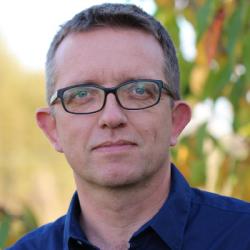
The Berlin biologist Michael Ohl wants to record the diversity of animal species on earth with the help of innovative technologies - at the new Center for Integrative Biodiversity Discovery.
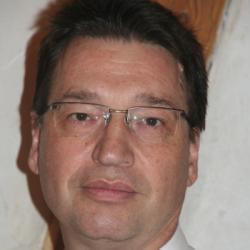
Thomas Helle, Managing Director of Tübingen-based Novis GmbH, is developing a biogas plant using mushroom compost as part of the EU project "Smartmushroom".
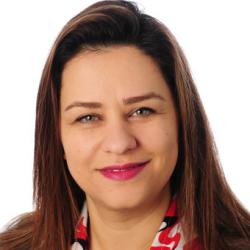
Scientific assistant at the GEOMAR Helmholtz Centre for Ocean Research, Kiel, and coordinator of the EU project "GoJelly".
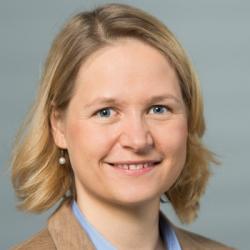
Sonja Berensmeier uses computer models to design complex peptides for technical applications.
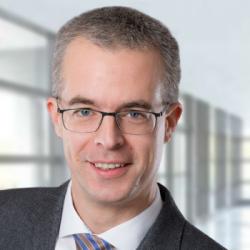
Water researcher Christian Schaum is looking for solutions to reduce the microplastics pollution of inland waters.
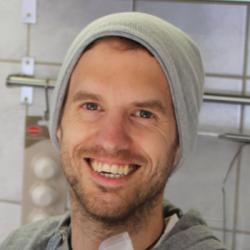
Making insects popular as a new source for protein - that is the goal of "snack insects" founder Folke Dammann. Since 2013, the company based near Hamburg is focused on snacks and cooking ingredients based on insects.
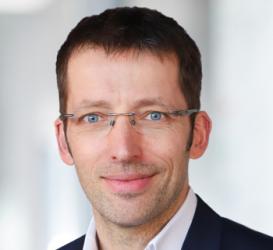
At TU Braunschweig, chemist Uwe Schröder is investigating how bacteria can generate electricity from waste water.